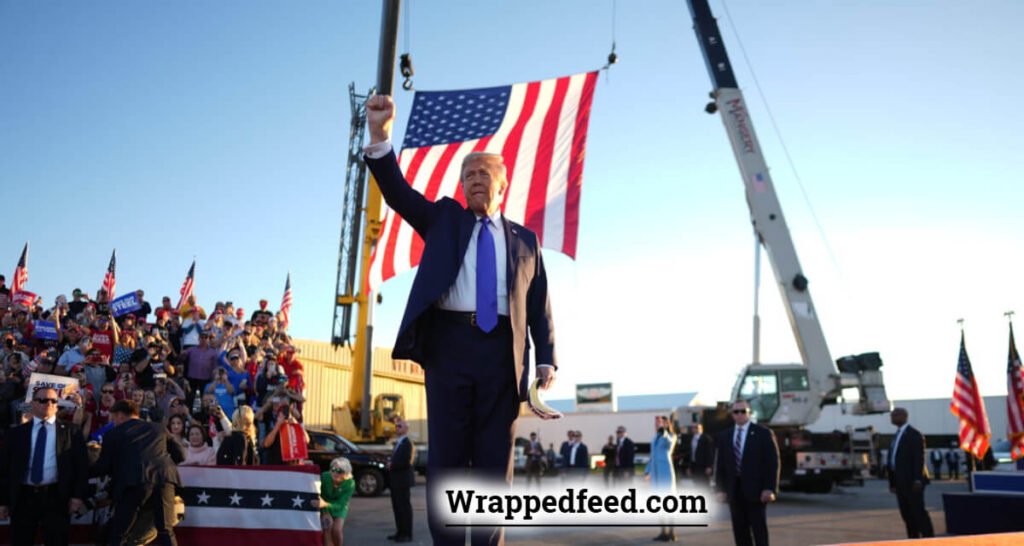US companies are racing to adapt and outsmart potential Trump tariffs, exploring new strategies to minimize costs and stay competitive amid growing trade challenges.
As the threat of new tariffs under the Trump administration looms, U.S. companies are scrambling to find ways to navigate the increasingly complex trade landscape. With the potential for higher import duties on goods from China and other foreign markets, businesses are looking for innovative solutions to stay competitive and minimize costs.
The escalating trade tensions between the U.S. and its global partners have left many companies in a bind, as they face the challenge of balancing cost increases with maintaining profit margins. In response, U.S. businesses are exploring various strategies, such as shifting production overseas, reworking supply chains, and even lobbying for tariff exemptions.
Some industries, like electronics and consumer goods, are particularly vulnerable to the effects of tariffs, while others are scrambling to adapt to new trade rules. For example, many companies are increasing their focus on sourcing raw materials from alternative countries or looking into technology advancements to automate production processes.
Experts say the uncertainty created by the ongoing tariff battles could cause long-term disruption in global supply chains and impact everything from pricing to consumer behavior. As businesses race to stay ahead of these changes, the pressure to make quick decisions and plan for the future has never been greater.
With more tariffs on the horizon, companies must continue to evaluate their strategies and adapt quickly to a shifting market. The stakes are high, and success will depend on how well businesses can outmaneuver the evolving challenges of U.S. trade policy.
Stay tuned for Wrapped Feed!

